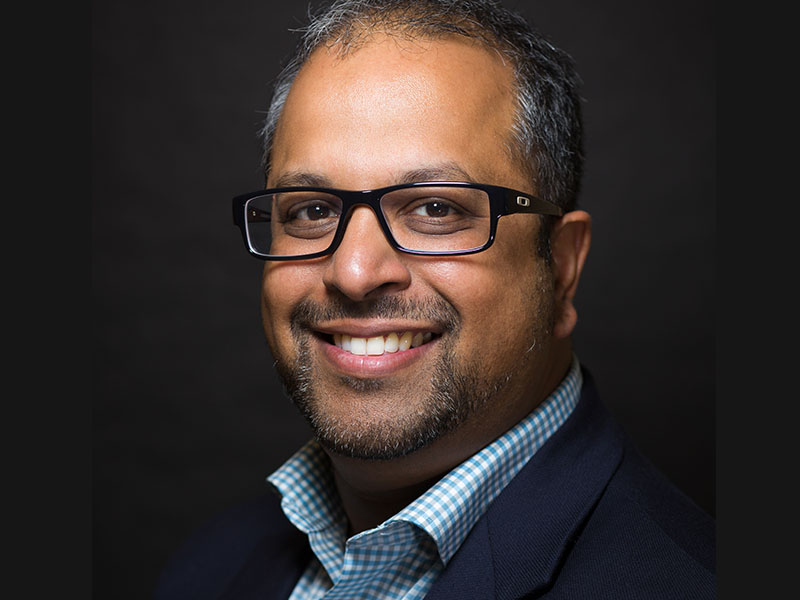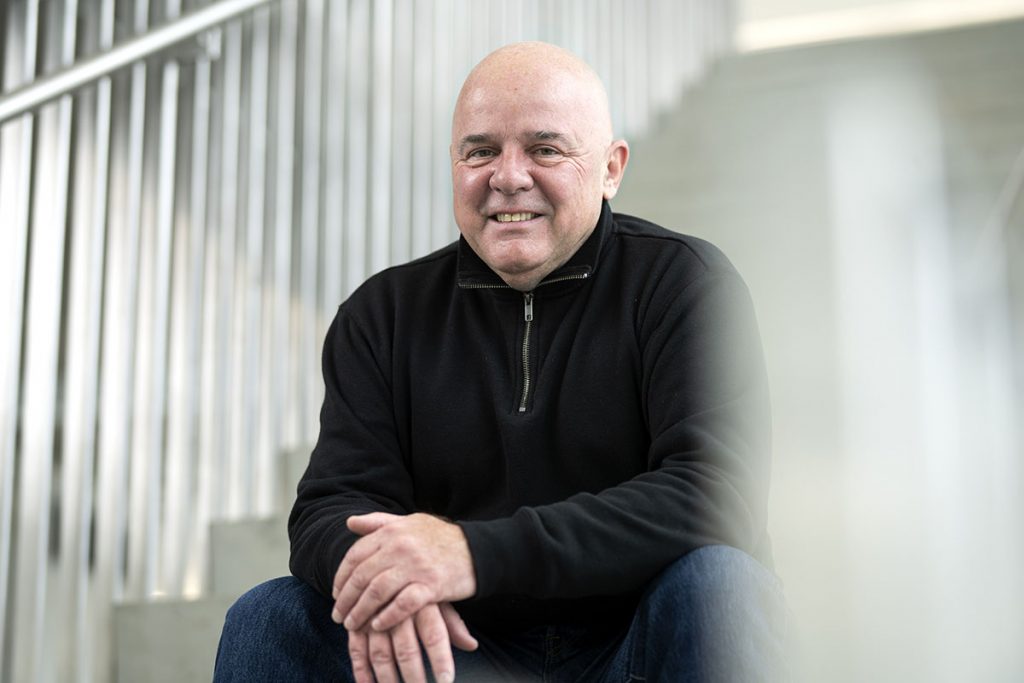Sprott School of Business PMBA students discuss how to foster inclusion and a sense of belonging in the workplace
On July 6, the Sprott School of Business at Carleton University hosted a workshop on equity, diversity and inclusion (EDI) in the workplace for students in Sprott’s Professional MBA (PMBA) program.
The workshop focused on how to effectively create and foster a diverse and inclusive workplace, and featured Jerry Maniate, the vice president of diversity, inclusion and education at the Ottawa Hospital.

Jerry explained that it’s important to understand exactly what diversity and inclusion mean and represent, and to ask yourself what you want to achieve. Many people look at diversity as a number or percentage target, but to transform your workplace to where every person who interacts with it feels a sense of belonging, the strategy needs to look beyond numbers.
“Put another way, diversity is a fact – the numbers are what they are. Inclusion is a choice – you decide whether to include someone or not. But belonging is a feeling that can be enforced by a culture that you can purposefully create. The best thought-out D&I strategies will go so much further in cultures where people feel they belong because when we’re seen and valued for who we really are – our own unique and authentic selves – we thrive, and so do the people around us,” Jerry said quoting Anita Sands, a visiting professor of entrepreneurship at Princeton University.
When working towards creating a culture of belonging, Jerry emphasized that it’s vital to have humility and accept that you don’t know everything about another individual’s or group’s circumstances.
Using his workplace as an example, Jerry said that many people from racialized and marginalized communities look at hospitals with mistrust, which is justified given the history between the healthcare sector and their communities. So, hospital staff must be humble to start to understand and break down these existing barriers. He added that it’s equally important to listen to members of these communities.
“If we don’t pause and we don’t stop and we don’t listen, we won’t actually hear what their needs are and what would actually make their experience in the healthcare system better and more supportive.”
Once people start to listen, they can – and must – reflect which then leads to unlearning the biases and the stereotypes they have and relearning new knowledge and forming new foundations for new relationships.
While this by no means is a short or easy process, eventually humility, conversations and learning will lead to a workplace transformation where members of racialized and marginalized communities will feel a sense of belonging.
Workshop attendees also heard from fellow PMBA students – Justin Barrette, Felix Keserwan, and JB Agbasi – who shared their experiences in their professional lives. They discussed intersectionality within the 2SLGBTQ+ community, diversity in the Canadian Armed Forces, and being Black in corporate Canada, respectively.
“Given recent events we’ve seen in terms of Indigenous communities across Canada, and the research and trauma coming out of the discovery or re-discovery of bodies in residential schools, this is a timely event,” said Rick Colbourne, Sprott’s associate dean of equity and inclusive communities.

“Also, given what happened in the United States and our growing insights around the systemic barriers to participation of marginalized and racialized communities in Canada, these are very important conversations to have.”